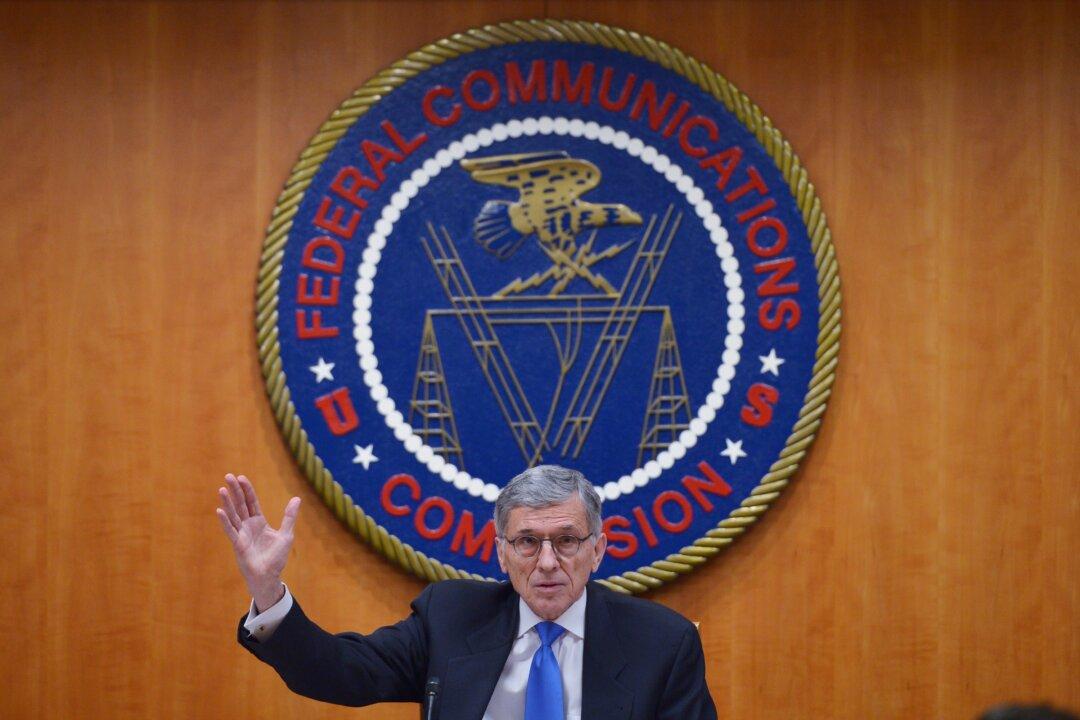Two weeks after the Federal Communications Commission (FCC) voted to reclassify Internet service providers (ISPs) as public utilities, the panel finally released the 300-plus text of the order that it passed in a controversial 3–2 vote. The contents of the order make it clear why the FCC decided to keep it private until now—it confirms some of the worst fears of the FCC’s critics.
In February, the FCC voted to reclassify ISPs under Title II of the Telecommunications Act, with the stated goal of preventing discrimination against different types of Internet traffic. However, the reclassification also gave the FCC overarching powers over ISPs that could have costly unintended consequences.
Taxes
The FCC currently runs a Universal Service Fund that subsidizes the construction of broadband infrastructure for rural areas where investment may otherwise be unprofitable. Previously, it had raised funds in wireless spectrum auctions, but with the reclassification, the FCC has the power to impose taxes on ISPs directly to collect revenue for the Fund.





